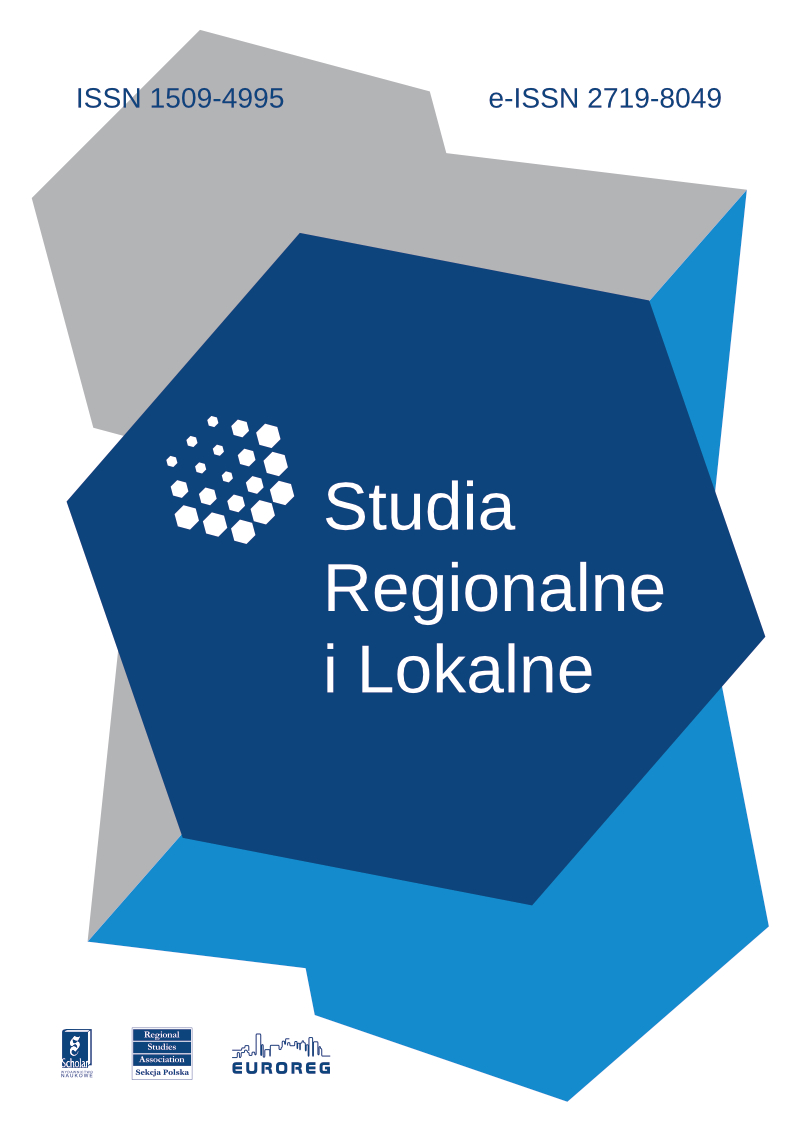Published in
3(41)/2010

- Włodzimierz Durka, Ryszard CzyszkiewiczRegional and Environmental Recruitment Ranges of Universities. The Szczecin University Example[more]
- Marta GötzDoes the Winner Take It All? - A Synthetic and Multidimensional Evaluation of Growth Factors in the German Federal States[more]
- Bohdan JałowieckiJan Gehl, 2009, Życie między budynkami. Użytkowanie przestrzeni publicznych, przeł. Marta A. Urbańska, Kraków: Wydawnictwo RAM, 200 s. (recenzja)[more]
- Roman KosmalskiDifferentiation of Productivity Levels and its Causes in Polish Voivodeships in the Years 1998-2008[more]
- Klaudia KozłowskaDifferentiation of a Balanced Development of the Kujawsko-Pomorskie Voivodeship in the Years 2004-2007 in the Light of the Results of a Taxonomic Analysis[more]
- Monika Murzyn-KupiszThe Cultural Heritage Market, Its Producers and Consumers[more]
- Maciej J. NowakWojciech Radecki (red.), 2010, Instytucje prawa ochrony środowiska. Geneza - rozwój - perspektywy, Warszawa: Wydawnictwo Difin, 472 s. (recenzja)[more]
- Paulina RychlewskaThe Impact of FDI on the Development of the Podkarpackie Voivodeship[more]


